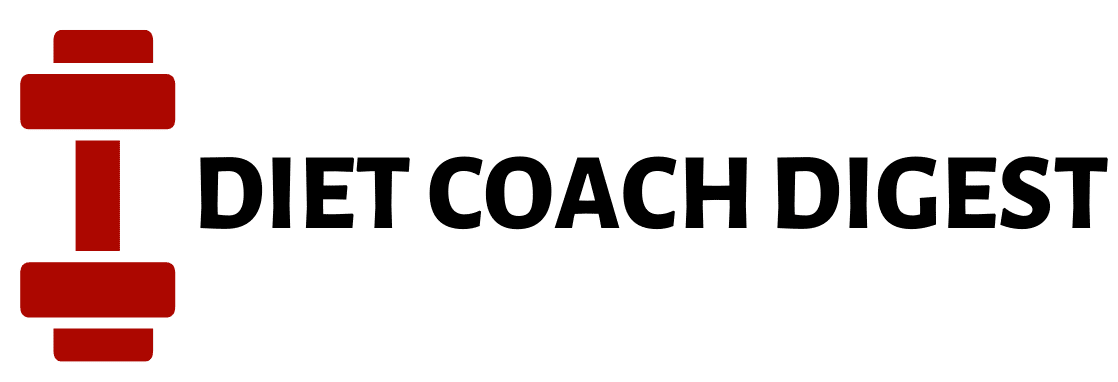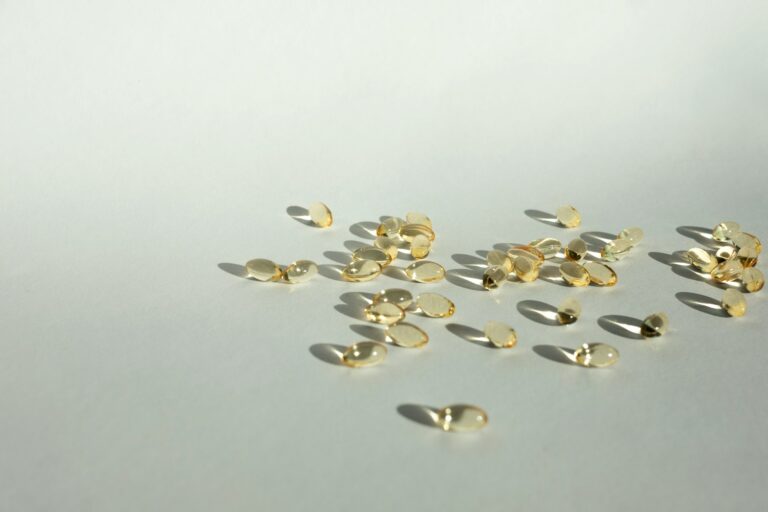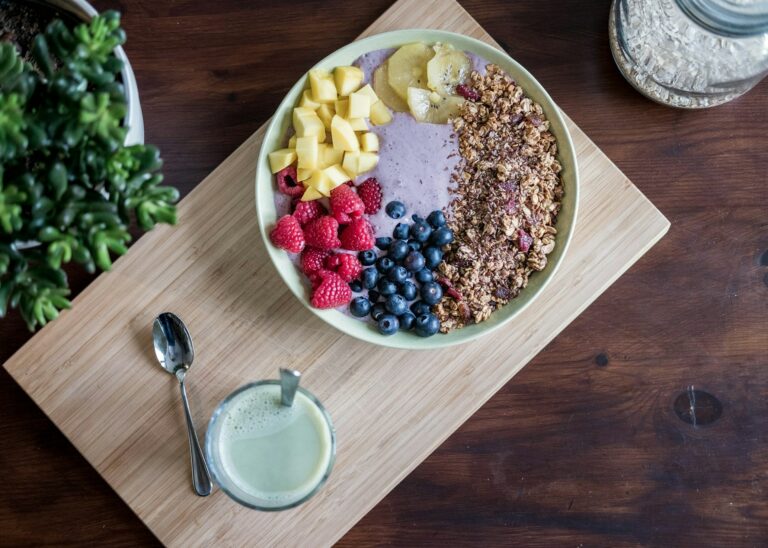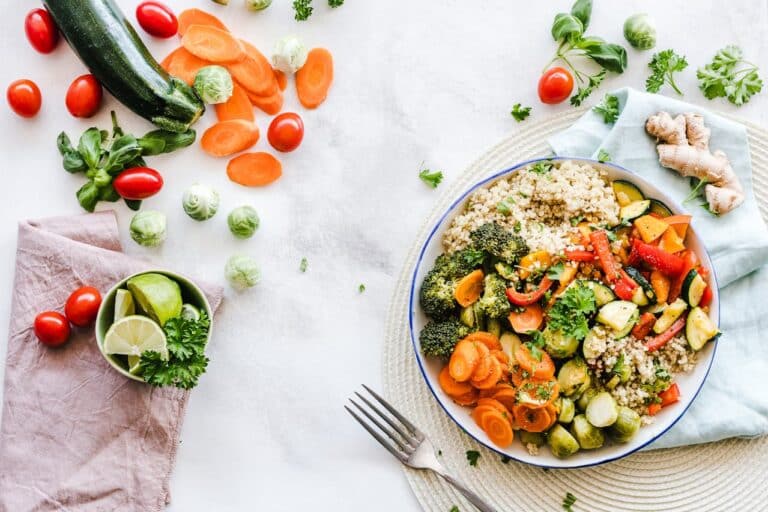8 High Potassium Foods to Lower Blood Pressure: Ultimate Guide
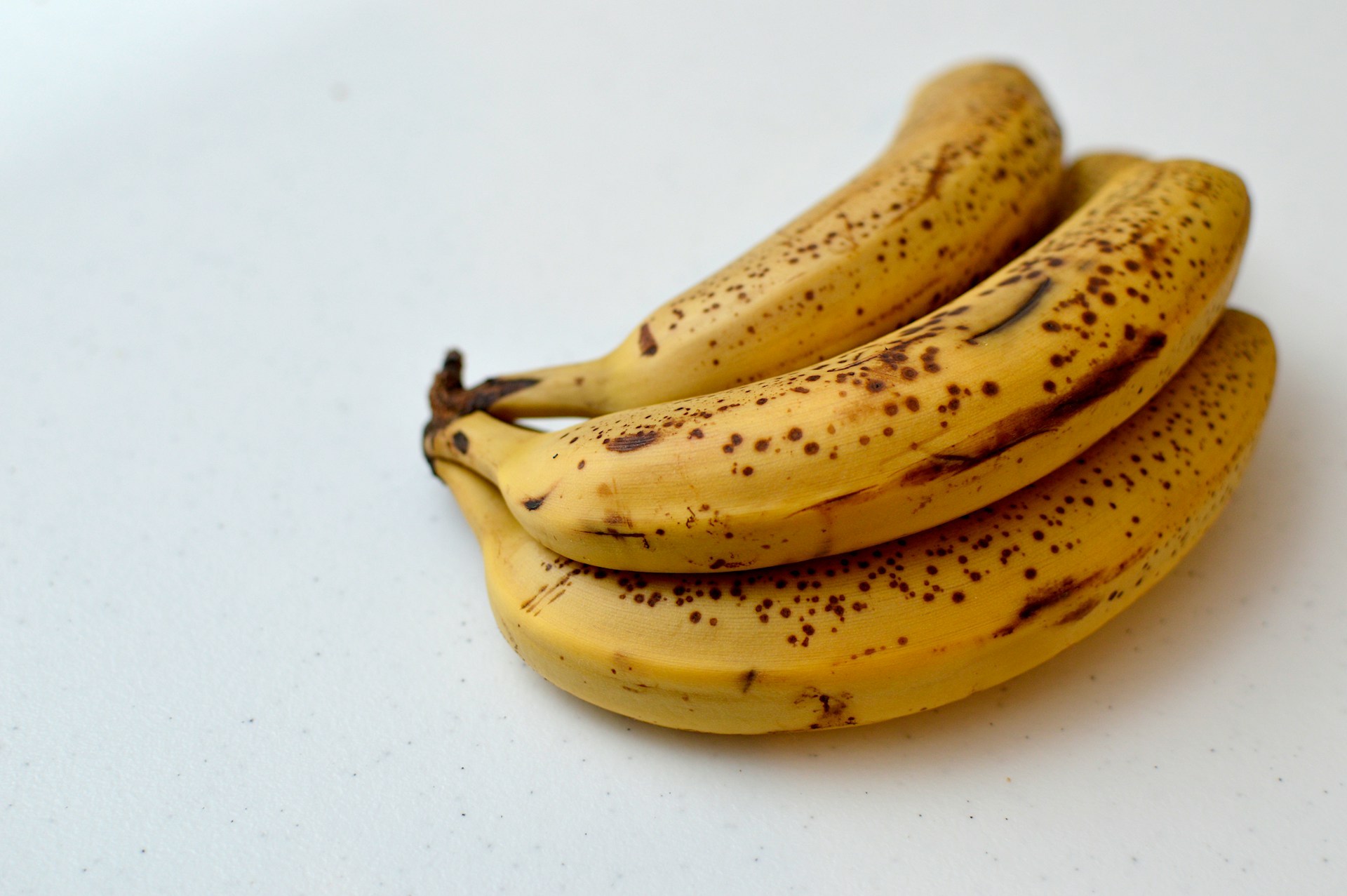
- Should You Train To Muscle Failure Every Set? What You Need To Know - March 4, 2025
- Nutrition in a Hurry: Top Post-Workout Snacks for Active People - February 20, 2025
- 15 Healthy Meal Prep Recipes: Your Weight Loss Made Easy - February 18, 2025
Welcome to your ultimate guide to lowering blood pressure the natural way! In “8 High Potassium Foods to Lower Blood Pressure: Ultimate Guide,” you’ll discover a treasure trove of delicious and nutritious foods that pack a powerful potassium punch. Whether you’re looking to incorporate more heart-friendly options into your diet or simply curious about ways to support a healthy lifestyle, this article breaks down the top eight high-potassium foods that can help manage your blood pressure effectively. Embrace these dietary gems and take a proactive step towards better health today! Have you ever wondered how to naturally lower your blood pressure without resorting to medication? If so, you’re in the right place! In this article, we’ll explore eight high-potassium foods that can help you manage your blood pressure effectively. Think of it as a friendly roadmap guiding you through the benefits of potassium-rich foods and how they contribute to heart health.
Understanding Potassium and Blood Pressure
Before delving into the specific foods, let’s understand why potassium is crucial for controlling blood pressure. Potassium is an essential mineral and electrolyte that plays a significant role in various bodily functions, including the regulation of heartbeats and fluid balance.
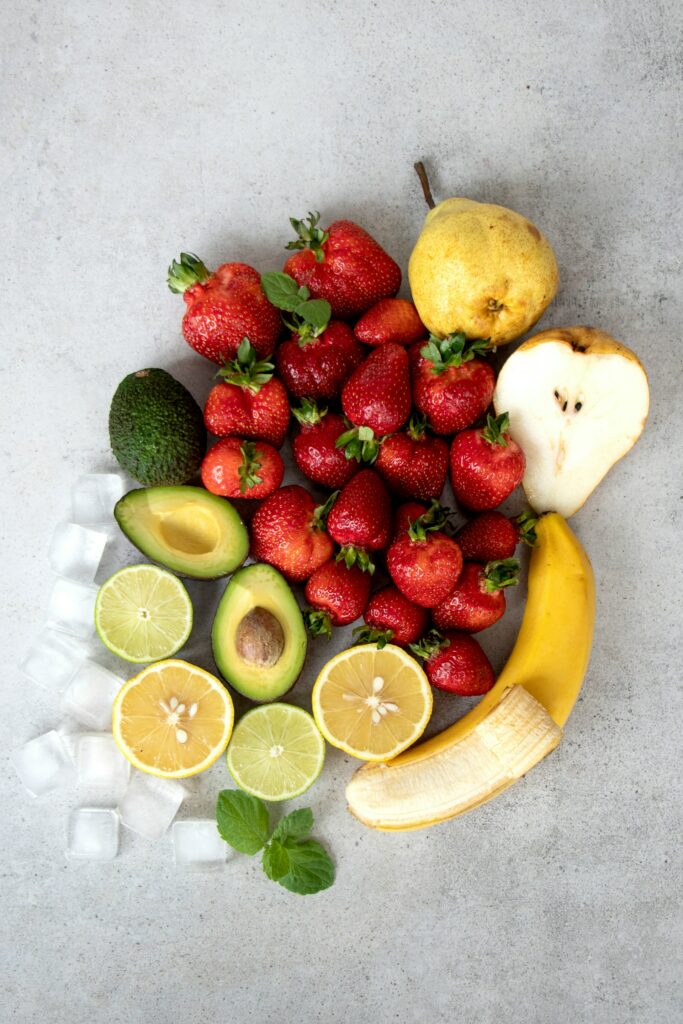
How Does Potassium Affect Blood Pressure?
Potassium helps lower blood pressure by balancing the amount of sodium in your cells. High sodium levels can lead to elevated blood pressure, while potassium counteracts these effects. Essentially, potassium promotes the excretion of sodium through urine, which reduces blood pressure levels.
Recommended Potassium Intake
For the average adult, the recommended daily intake of potassium is approximately 2,500-3,000 milligrams. However, it’s always best to consult with your healthcare provider for personalized recommendations, especially if you have specific health conditions.
1. Bananas
Bananas are perhaps the most well-known potassium-rich food and for a good reason! A single medium-sized banana contains about 400-450 milligrams of potassium, making it a simple and delicious way to incorporate this essential mineral into your diet.
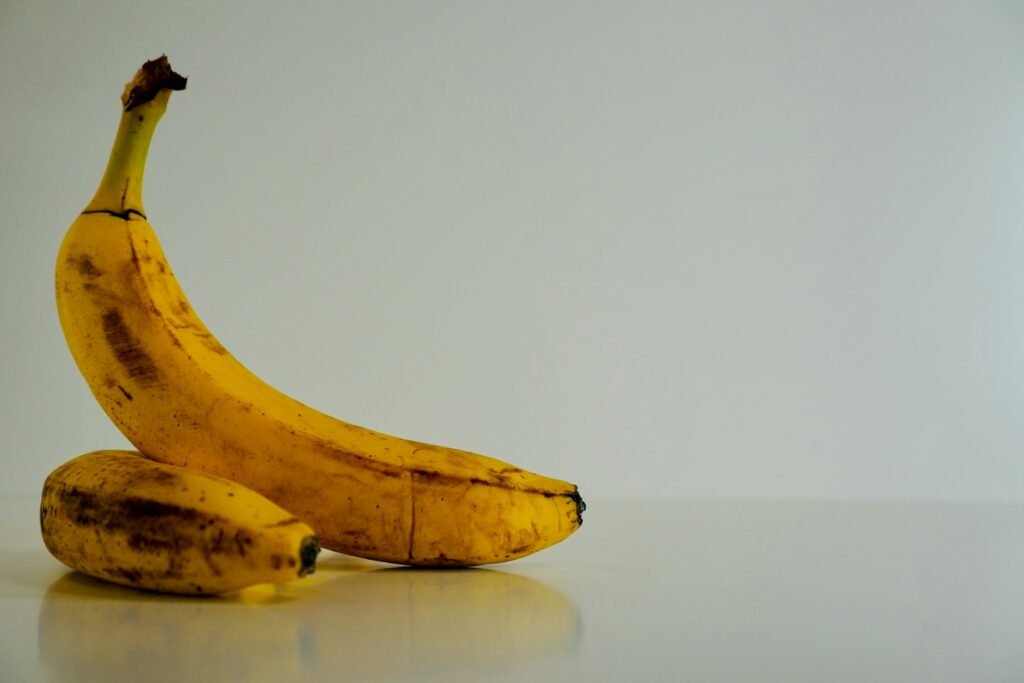
Nutritional Table:
| Nutrient | Amount per Medium Banana |
|---|---|
| Potassium | 400-450 mg |
| Calories | 105 |
| Carbohydrates | 27 grams |
| Dietary Fiber | 3 grams |
| Vitamin C | 10% of Daily Value |
| Vitamin B6 | 20% of Daily Value |
Benefits of Bananas
Apart from potassium, bananas are loaded with other nutrients such as vitamin C, vitamin B6, and dietary fiber. These nutrients contribute to overall cardiovascular health and provide a steady source of energy, making bananas an excellent choice for breakfast or as a mid-day snack.
2. Sweet Potatoes
Sweet potatoes are another potassium powerhouse. One medium-sized sweet potato provides around 540 milligrams of potassium. They are also rich in fiber, vitamins, and antioxidants, making them a nutritious addition to any meal.
Nutritional Table:
| Nutrient | Amount per Medium Sweet Potato |
|---|---|
| Potassium | 540 mg |
| Calories | 112 |
| Carbohydrates | 26 grams |
| Dietary Fiber | 4 grams |
| Vitamin A | 440% of Daily Value |
| Vitamin C | 37% of Daily Value |
Benefits of Sweet Potatoes
These vibrant vegetables are not just high in potassium but also packed with vitamins A and C, which are essential for eye health and immune function. The fiber content helps in promoting digestive health, and its low glycemic index can help in maintaining steady blood sugar levels.
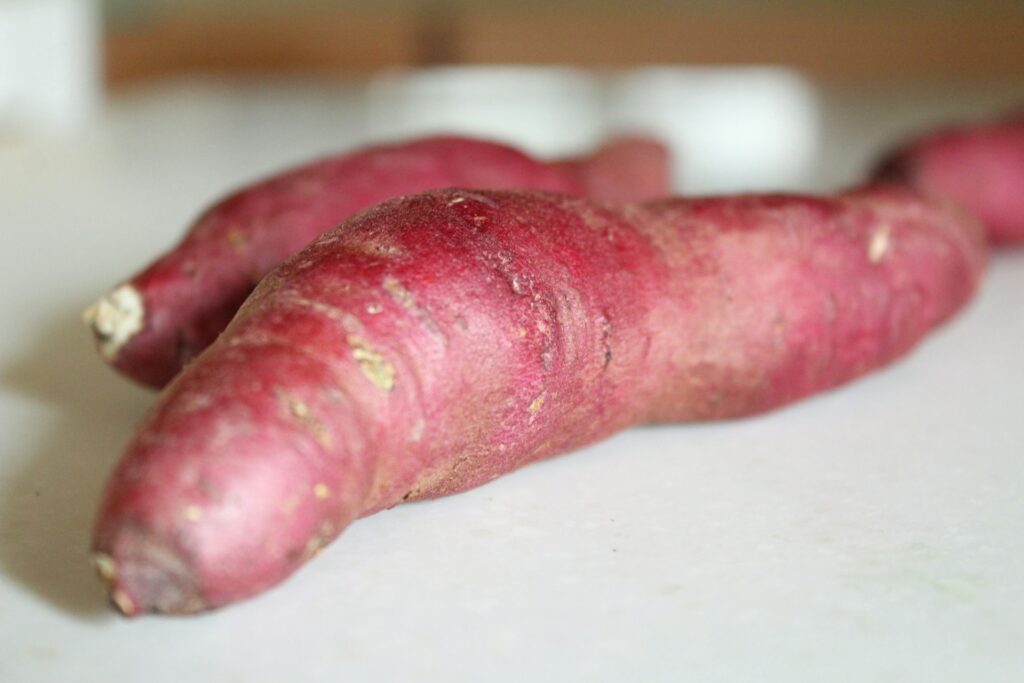
3. Spinach
Incorporating leafy greens like spinach into your diet can significantly impact your potassium levels. One cup of cooked spinach contains about 840 milligrams of potassium.
Nutritional Table:
| Nutrient | Amount per Cup of Cooked Spinach |
|---|---|
| Potassium | 840 mg |
| Calories | 41 |
| Carbohydrates | 7 grams |
| Dietary Fiber | 4 grams |
| Vitamin A | 377% of Daily Value |
| Vitamin C | 29% of Daily Value |
Benefits of Spinach
Spinach is extremely low in calories but high in vitamins A and C, iron, and calcium. It’s a versatile vegetable that can be added to salads, smoothies, or even cooked dishes. Its high potassium content makes it particularly beneficial for lowering blood pressure.
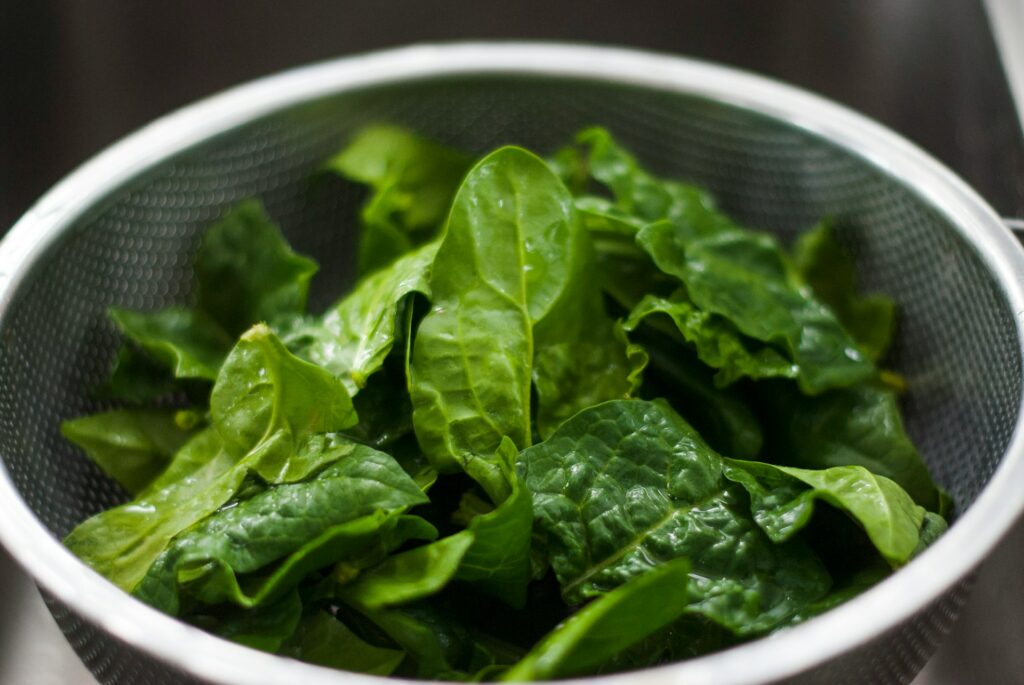
4. Avocados
Avocados are not only delicious but also a great source of potassium. One medium-sized avocado contains around 975 milligrams of potassium, making it one of the most potassium-dense foods available.
Nutritional Table:
| Nutrient | Amount per Medium Avocado |
|---|---|
| Potassium | 975 mg |
| Calories | 234 |
| Carbohydrates | 12 grams |
| Dietary Fiber | 10 grams |
| Vitamin C | 25% of Daily Value |
| Vitamin K | 30% of Daily Value |
Benefits of Avocados
Besides potassium, avocados are rich in healthy fats (monounsaturated fats), which are beneficial for heart health. They also contain vitamins K and E, and they provide a good amount of dietary fiber. All these nutrients combined make avocados a superfood for anyone looking to lower their blood pressure naturally.
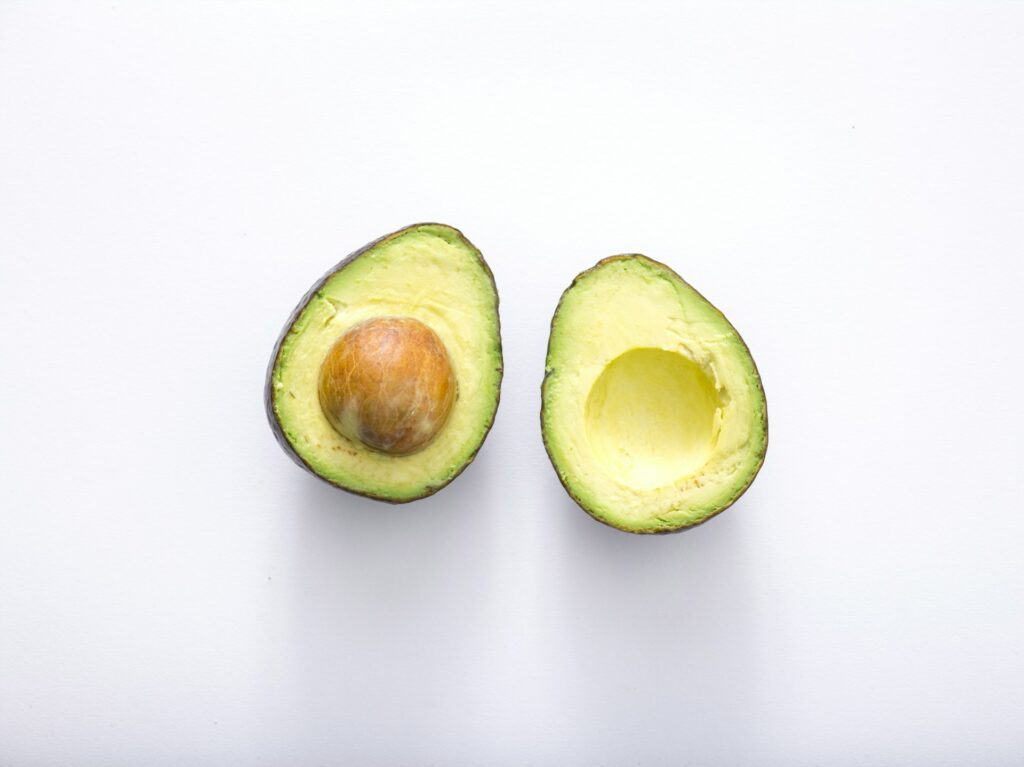
5. Beans
Beans, such as black beans and kidney beans, are excellent sources of potassium. One cup of cooked black beans, for example, provides about 600 milligrams of potassium.
Nutritional Table:
| Nutrient | Amount per Cup of Cooked Black Beans |
|---|---|
| Potassium | 600 mg |
| Calories | 227 |
| Carbohydrates | 41 grams |
| Dietary Fiber | 15 grams |
| Protein | 15 grams |
| Folate | 64% of Daily Value |
Benefits of Beans
Beans are rich in both potassium and dietary fiber, which are essential for reducing blood pressure and promoting heart health. They are also a great source of plant-based protein, making them an excellent addition to a vegetarian or vegan diet.
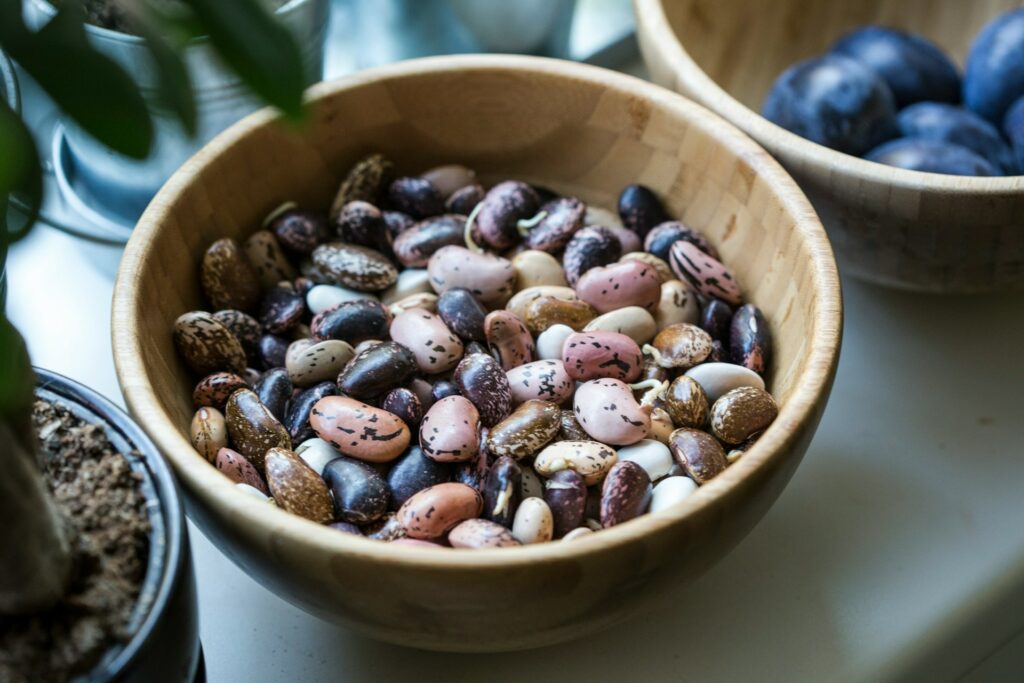
6. Yogurt
Yogurt is not just good for your gut; it’s also an impressive source of potassium. One cup of plain yogurt contains about 573 milligrams of potassium, among other essential nutrients.
Nutritional Table:
| Nutrient | Amount per Cup of Plain Yogurt |
|---|---|
| Potassium | 573 mg |
| Calories | 150 |
| Carbohydrates | 11 grams |
| Protein | 8 grams |
| Calcium | 30% of Daily Value |
| Vitamin B12 | 20% of Daily Value |
Benefits of Yogurt
Consuming yogurt improves gut health due to the presence of probiotics. Additionally, it’s high in calcium, which is crucial for bone health. The combination of potassium and other nutrients makes yogurt a heart-healthy choice.

7. Oranges
Oranges are well-loved for their juicy flavor and are another great source of potassium. A single large orange provides about 333 milligrams of potassium.
Nutritional Table:
| Nutrient | Amount per Large Orange |
|---|---|
| Potassium | 333 mg |
| Calories | 87 |
| Carbohydrates | 22 grams |
| Dietary Fiber | 4 grams |
| Vitamin C | 130% of Daily Value |
| Folate | 10% of Daily Value |
Benefits of Oranges
Oranges are packed with vitamin C and folate, enhancing your immune system and supporting cellular functions. They are also high in fiber, which aids in digestion. Their potassium content makes them excellent for lowering blood pressure.
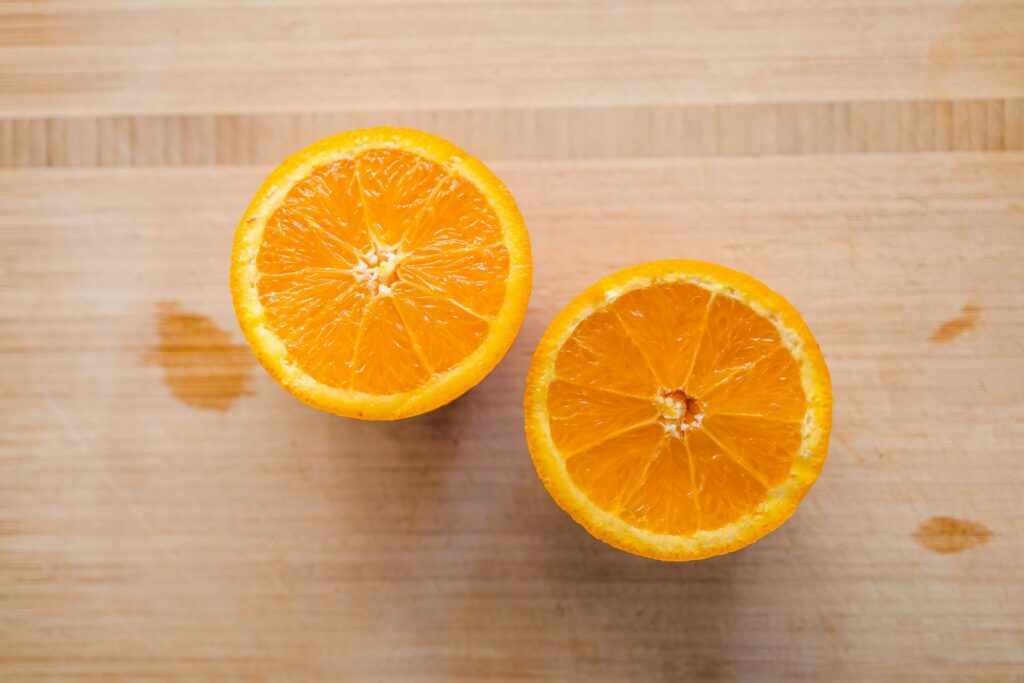
8. Salmon
Salmon is rich in both potassium and omega-3 fatty acids. A 3-ounce serving of cooked salmon contains about 326 milligrams of potassium.
Nutritional Table:
| Nutrient | Amount per 3-ounce Serving |
|---|---|
| Potassium | 326 mg |
| Calories | 175 |
| Protein | 19 grams |
| Omega-3 Fatty Acids | 2 grams |
| Vitamin D | 50% of Daily Value |
| Vitamin B12 | 80% of Daily Value |
Benefits of Salmon
Salmon’s omega-3 fatty acids are beneficial for heart health as they help reduce inflammation and lower the risk of heart disease. The presence of vitamin D and B12 boosts overall health, making it a nutrient-dense food perfect for a balanced diet aimed at lowering blood pressure.
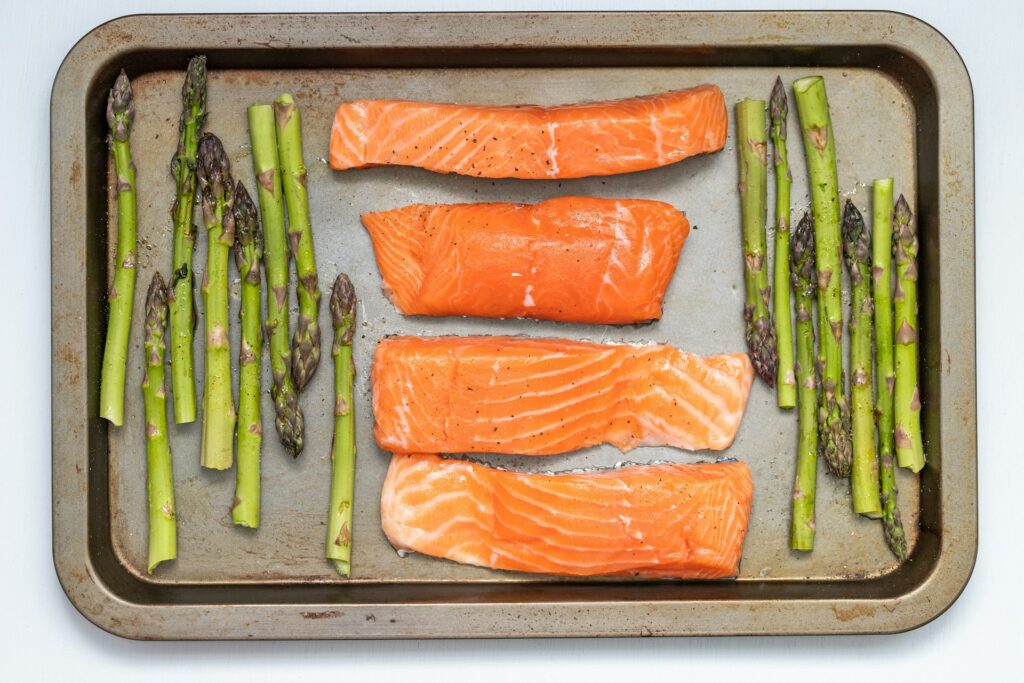
Practical Tips for Increasing Potassium Intake
Adding these potassium-rich foods to your diet doesn’t have to be difficult. Here are some practical tips:
Meal Planning
Consider incorporating the above-mentioned foods into each meal of the day. For example:
- Breakfast: Opt for a banana with yogurt.
- Lunch: Include a spinach salad with avocado.
- Dinner: Try a sweet potato and salmon combo.
- Snacks: Munch on an orange or a handful of beans.
Snacking
Choose potassium-rich snacks like bananas, yogurt, or a small portion of black beans throughout the day to keep your potassium levels steady.
Smoothies
Consider making smoothies with ingredients like spinach, yogurt, avocado, and bananas for a quick, nutritious, and potassium-packed meal.
Cooking Methods
Cooking methods can affect the potassium content in food. Prefer steaming, baking, or grilling over boiling to retain more potassium.
Potential Risks and Considerations
While potassium is beneficial, it’s essential to consume it in moderation. Excessive potassium levels can lead to hyperkalemia, a condition that can cause heart issues.
Consultation
Always consult your healthcare provider before making significant changes to your diet, especially if you have existing health conditions like kidney disease.
Balance
Aim for a balanced diet that includes a variety of nutrients. Potassium is just one element of a heart-healthy diet that should also include magnesium, calcium, lean proteins, and healthy fats.
Conclusion
Lowering your blood pressure naturally can be as simple as making a few changes to your diet. Incorporate these eight high-potassium foods—bananas, sweet potatoes, spinach, avocados, beans, yogurt, oranges, and salmon—into your meals to take advantage of their health benefits. Remember, it’s not about making drastic changes overnight but incorporating these foods gradually to make lasting, positive impacts on your health.
Armed with this ultimate guide, you’re now well-equipped to make informed choices that can help you manage your blood pressure effectively. Cheers to better health and a happier heart!
Table of Contents
